Vladimir Putin has cautioned that the U.S. and NATO would be ‘at war’ with Russia if the West allows Ukraine to utilize long-range rockets.
U.S. and British foreign ministers met President Volodymyr Zelenskyy in Kyiv on Wednesday with the conflict at a pivotal point as Russia and China strengthen their ties.
“Change the Very Nature of the Conflict”
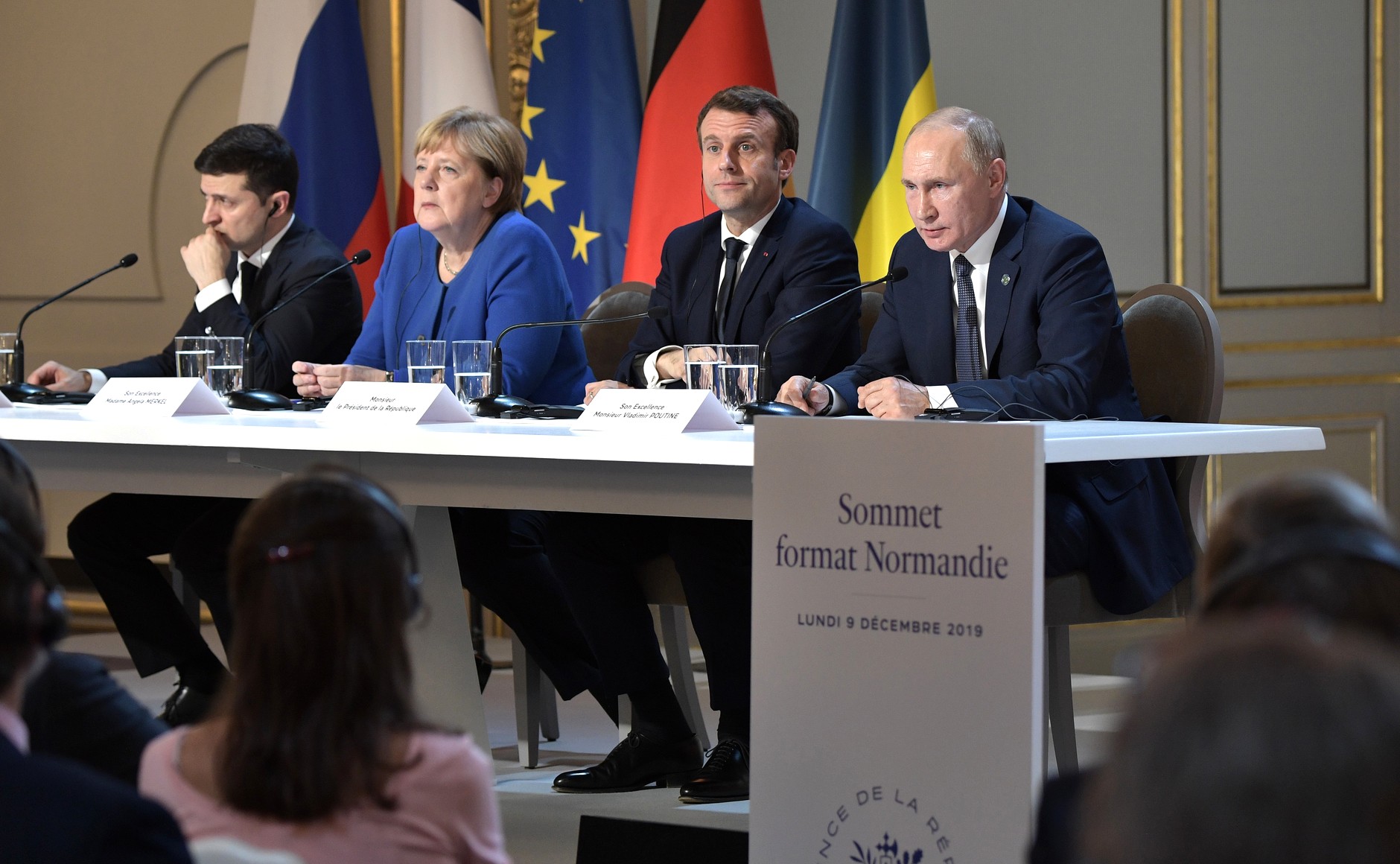
American authorities have likewise been talking about easing restrictions on the utilization of weapons that could strike deep inside Russia as the U.S. continues to provide resources to Ukraine.
Putin said the move from the West would ‘change the very nature of the conflict’, and gave a serious warning against giving Zelenskyy further firepower.
“Appropriate Decisions Based on the Threats”
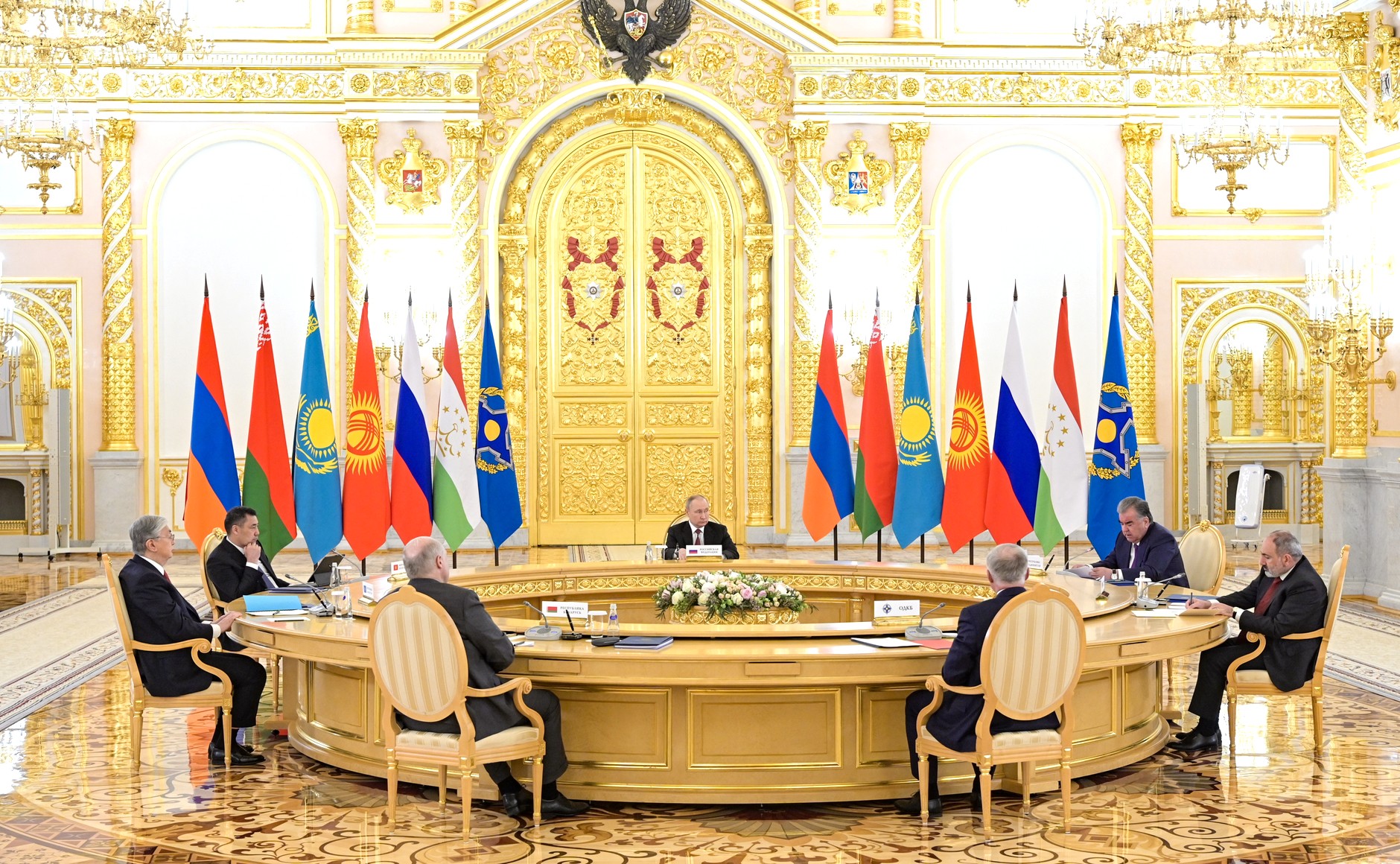
Putin relayed to a state TV reporter on Thursday, “It would mean that NATO countries, the US, European countries, are at war with Russia.”
“If that’s the case, then taking into account the change of nature of the conflict, we will take the appropriate decisions based on the threats that we will face.”
Warning Timing
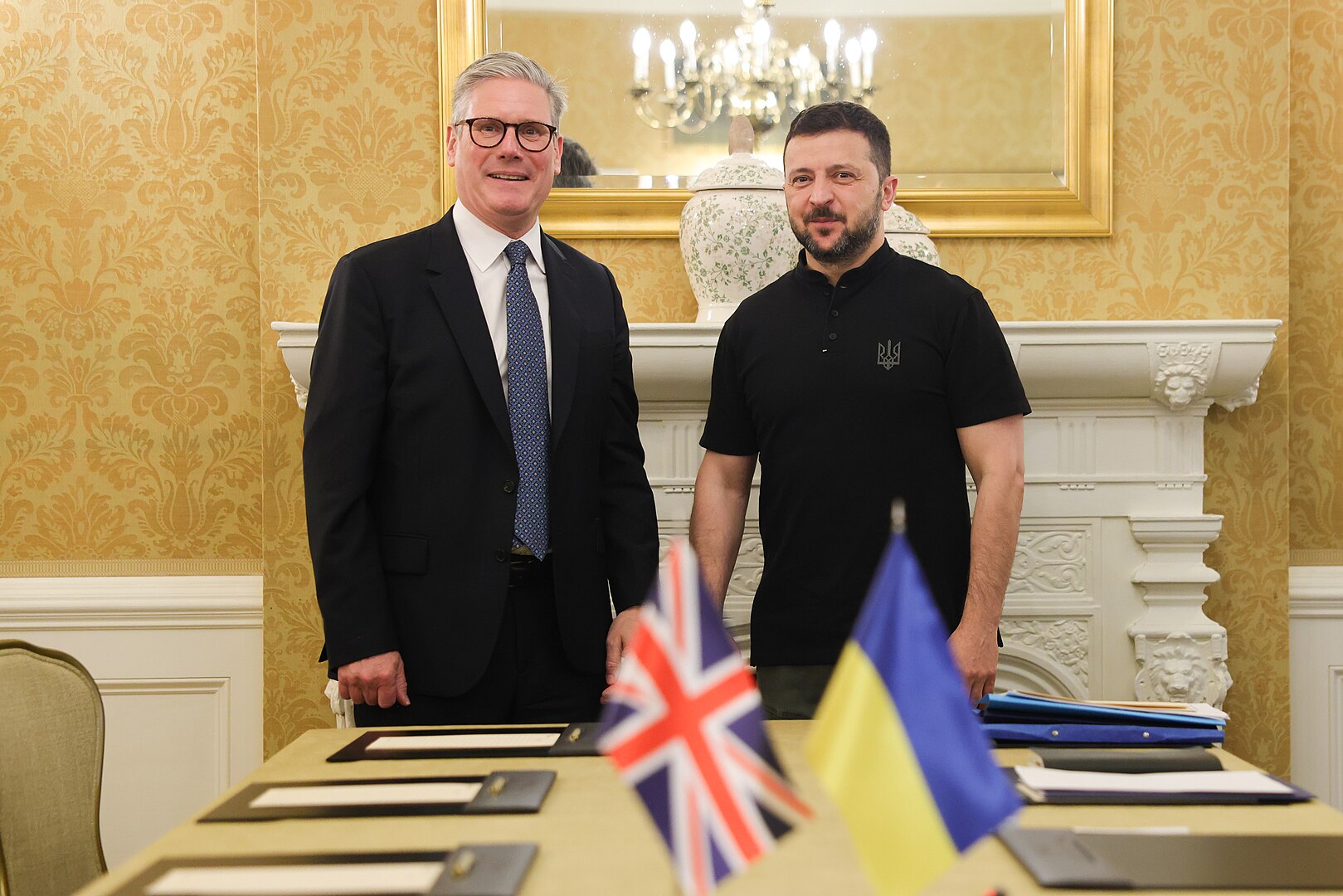
He added that making room for Ukraine to utilize rockets that can hit Russian targets “is a decision on whether NATO countries are directly involved in the conflict or not’.”
24 hours before President Joe Biden is set to meet British Prime Minister Keir Starmer at the White House Putin issued his warning.
Ukrainian Aid
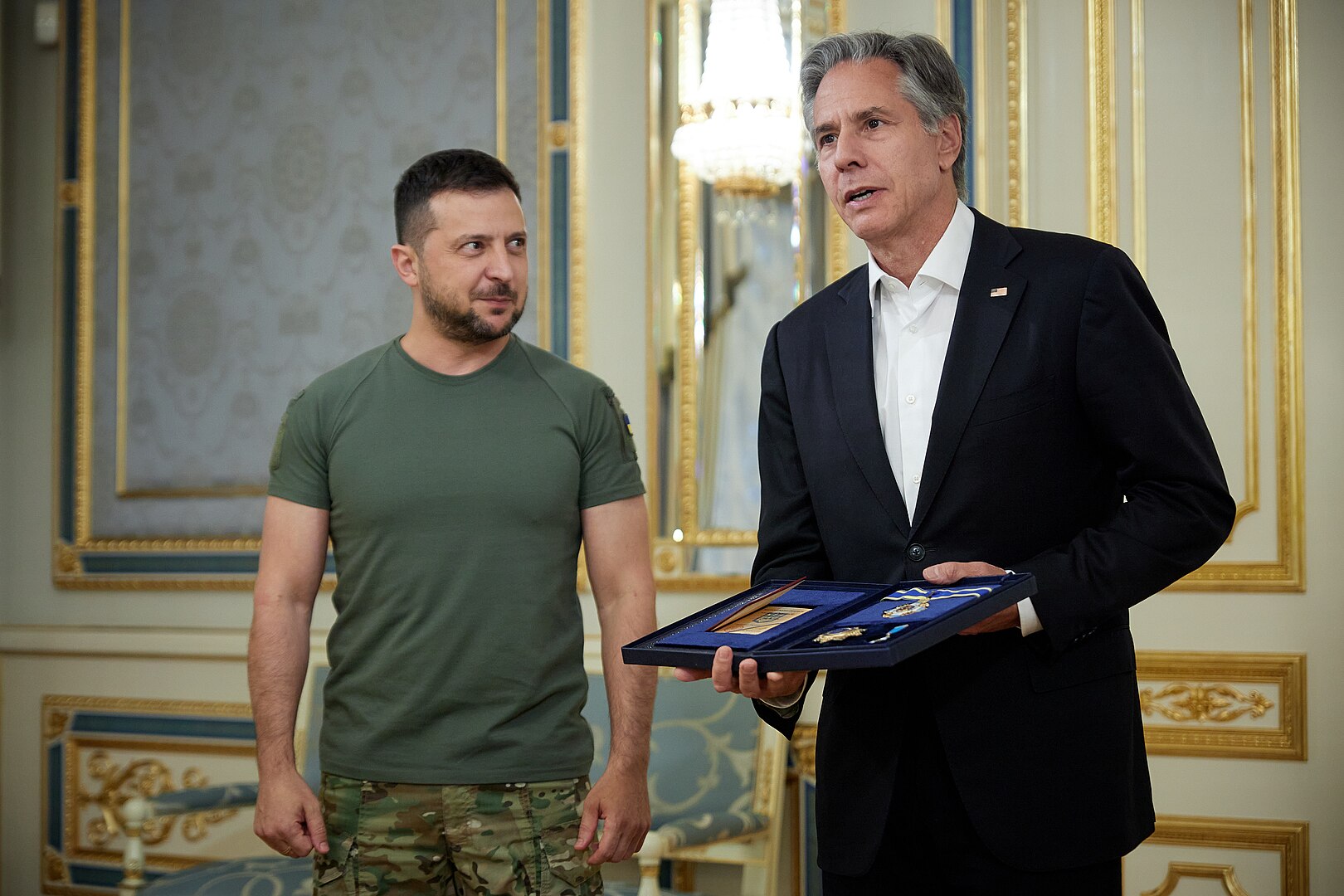
Zelenskyy has requested that the West give him more missiles and air protections after a progression of Russian rocket assaults.
Antony Blinken reported Washington would give more than $700 million in aid, while foreign secretary David Lammy said Britain would provide a further £600 million ($781 million) in the most recent demonstration of help for Kyiv.
Potential for Zelenskyy
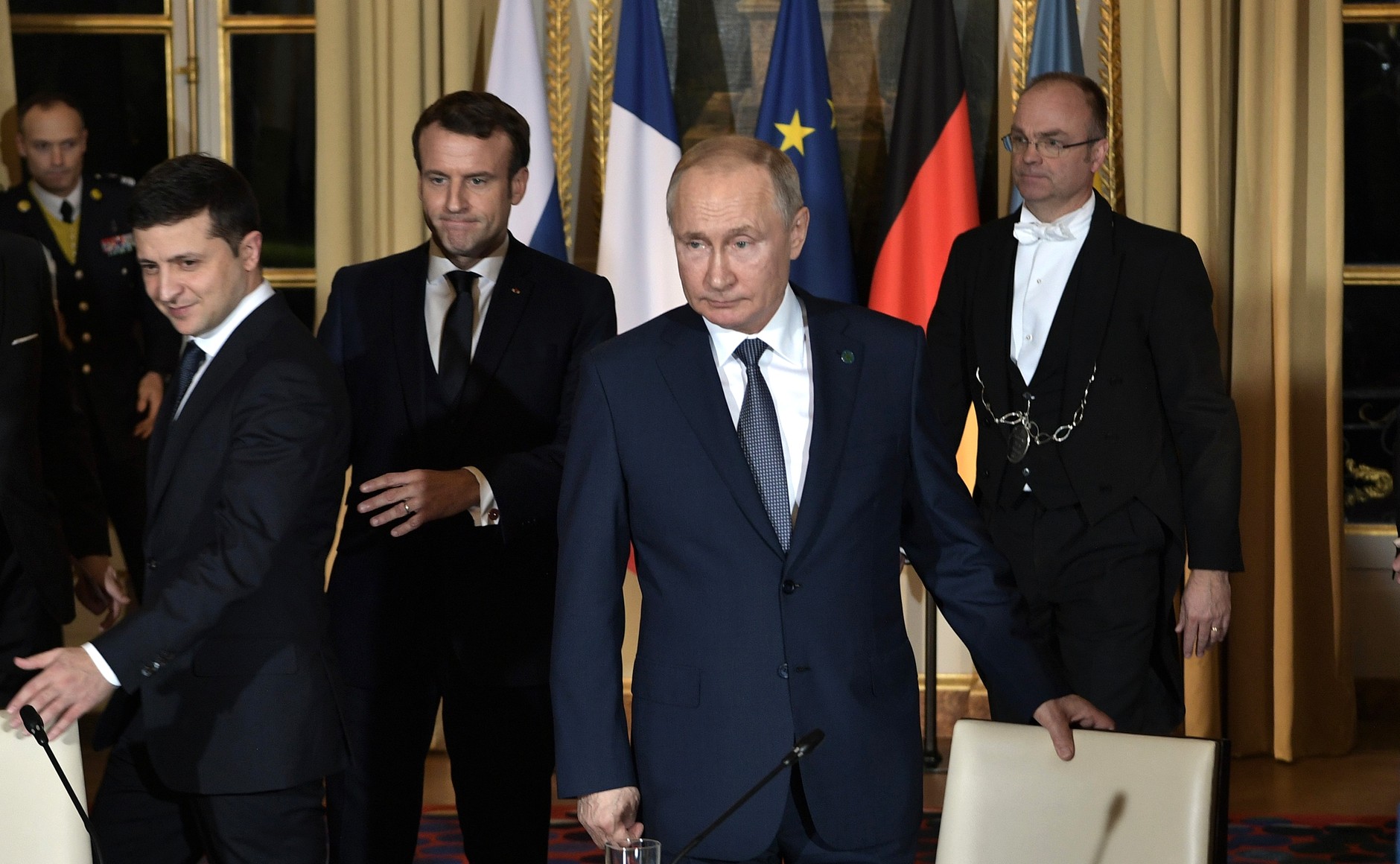
There is no word yet on whether Zelenskyy will prevail with regards to getting what he truly wants – a go-ahead from the White House and Downing Street to start sending off Western-provided long-range rockets at Russian domestic targets.
Kyiv’s troops will soon be able to use US ATACMS and Anglo-French Storm Shadow missiles to strike Russian military assets as deep as 300 kilometers (190 miles) inside Russia if Ukraine’s Western allies lift the ban.
Changing the Course of the Conflict
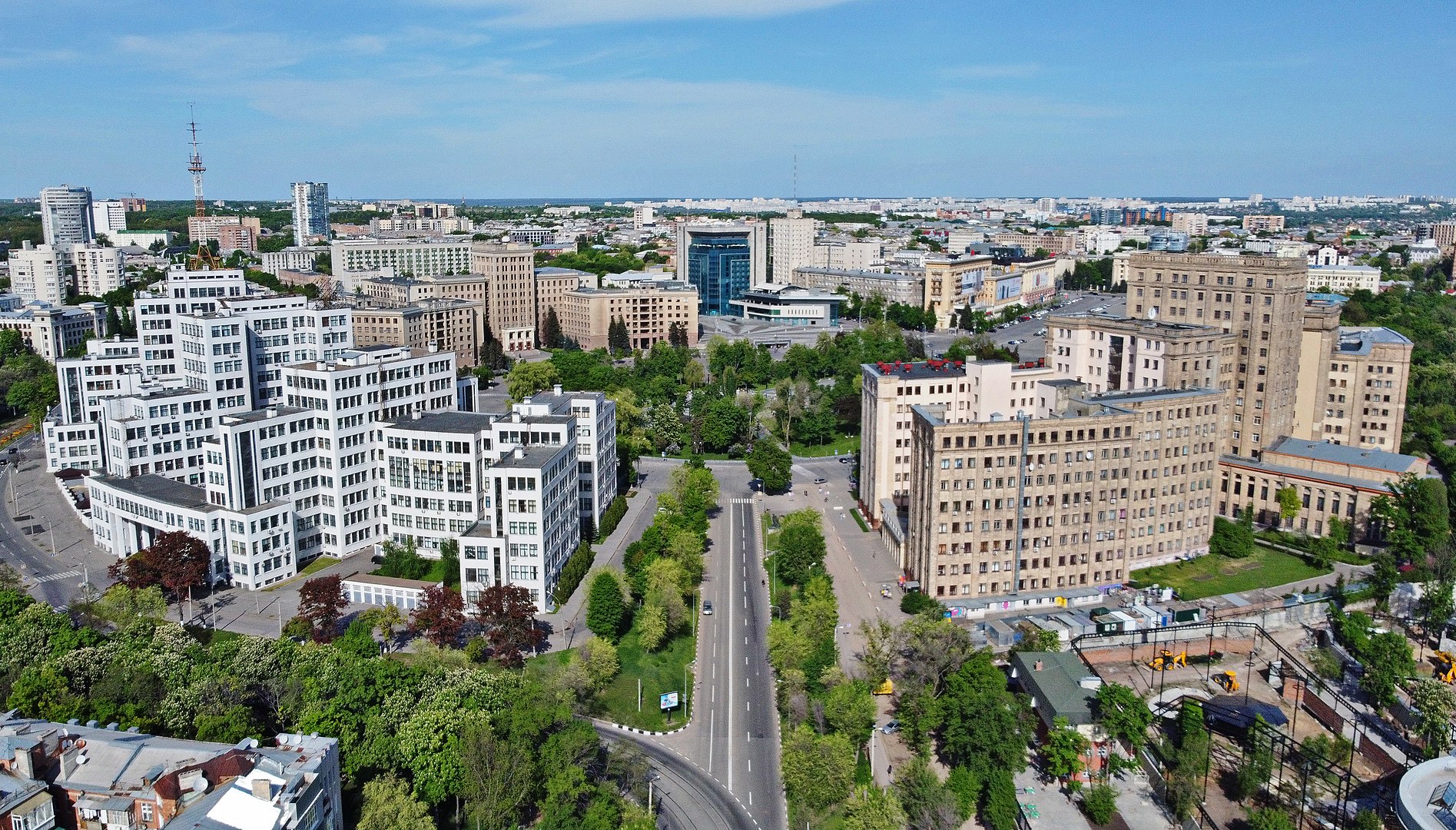
This capability of utilizing weaponry within the Russian borders has the potential to significantly alter the course of the conflict.
The Institute for the Study of War, a US think-tank, last month laid out a rundown of almost 250 high-value military and paramilitary targets close enough to the weapons that could be obliterated by Ukraine.
Possible Targets
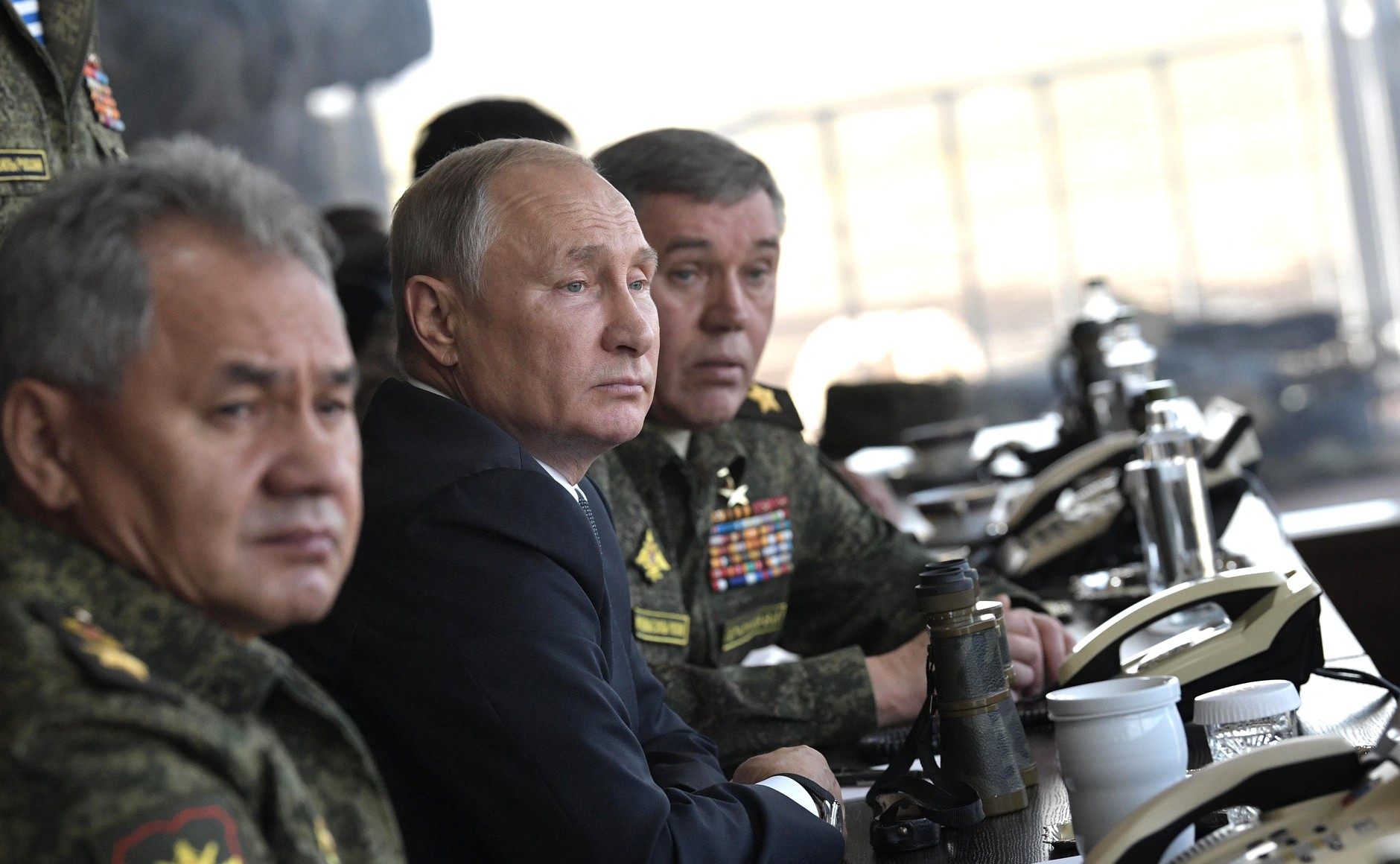
Among the primary targets detailed by the ISW encompass upwards of 16 Russian air bases, a huge number of brigade and division headquarters, artillery, and rocket units vital to Russia’s air protection capabilities.
Further identified targets include an assortment of logistics hubs providing supplies to Vladimir Putin’s units on the frontlines.
Destabilizing Russia
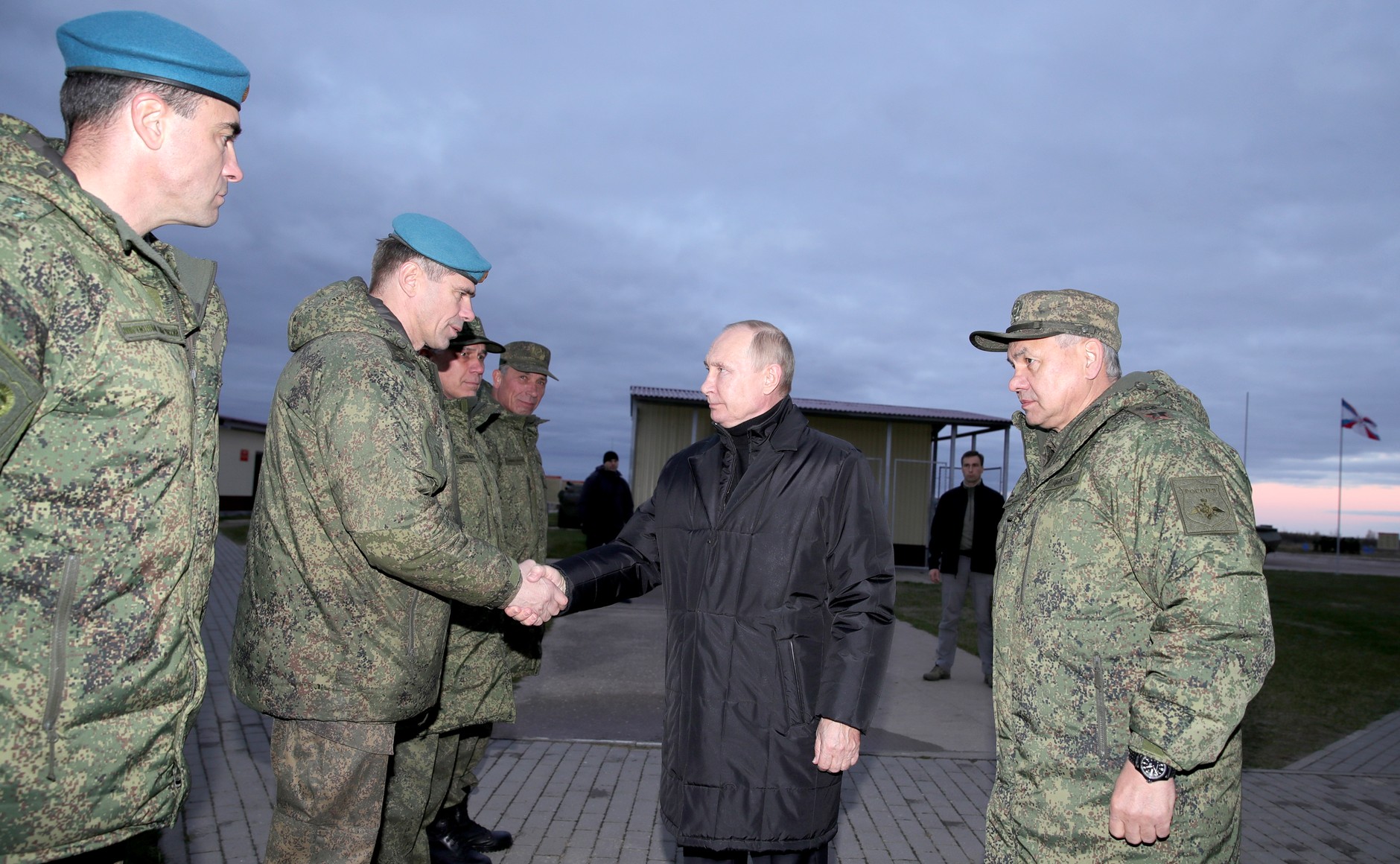
Focusing on these key targets could handicap Russian logistics, command, and combat support, altogether lessening Moscow’s offensive capacities in occupied Ukrainian land after Putin faced losses in his own territory and reclaimed Ukrainian territory.
This would still be a harsh blow regardless of whether Putin’s soldiers redeploy most essential bombing aircraft further east.
Limited Capabilities
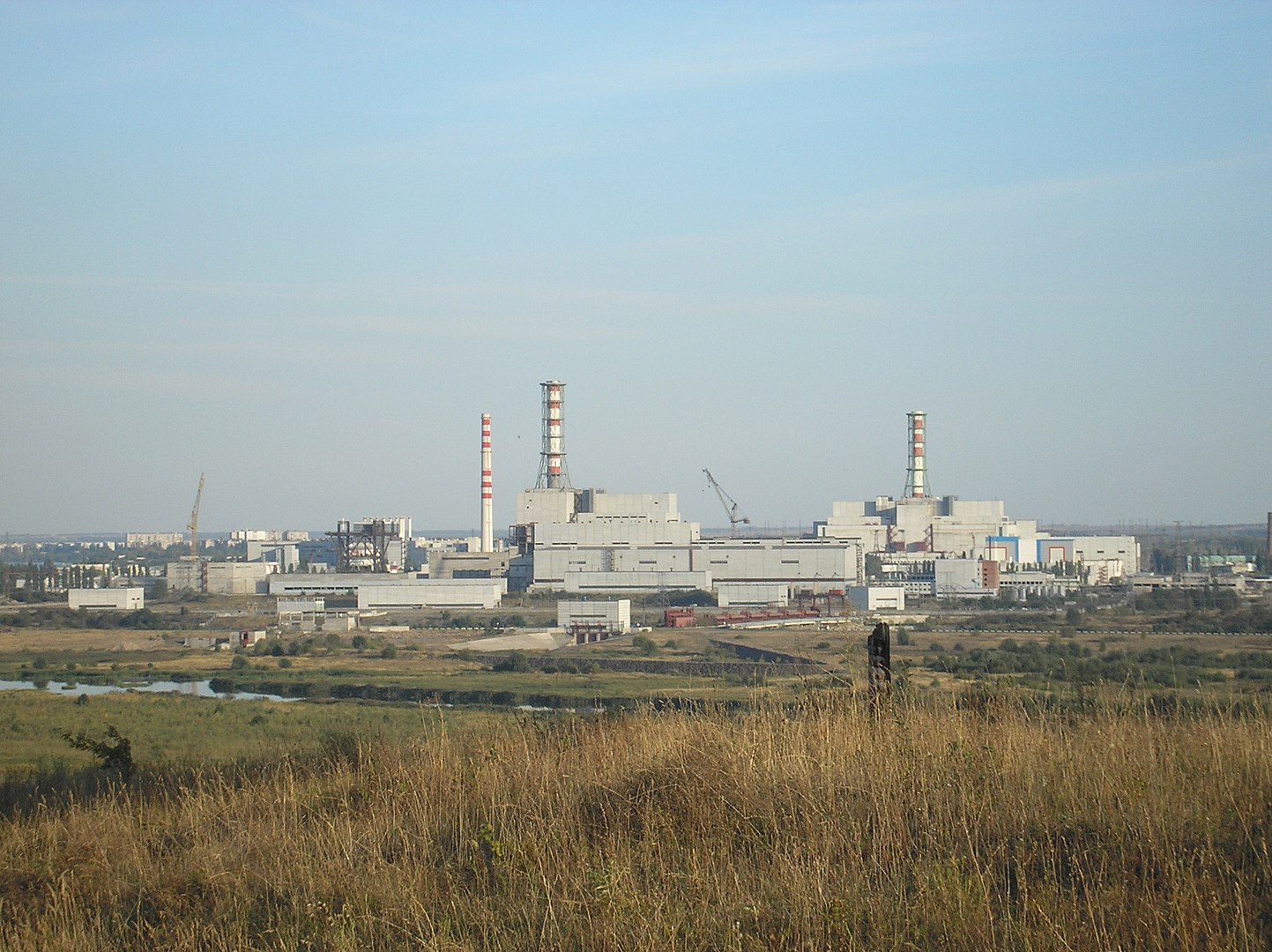
The Kursk nuclear energy plant and a few nuclear weapons reserves likewise pose hypothetical targets.
Ukraine has already carried out a number of attacks deep inside Russia, targeting Moscow, several oil refineries, and ammunition dumps. However, the kamikaze drones used in those strikes are extremely vulnerable to Russian air defense and jamming systems and have a very limited range.
ICC Warrants
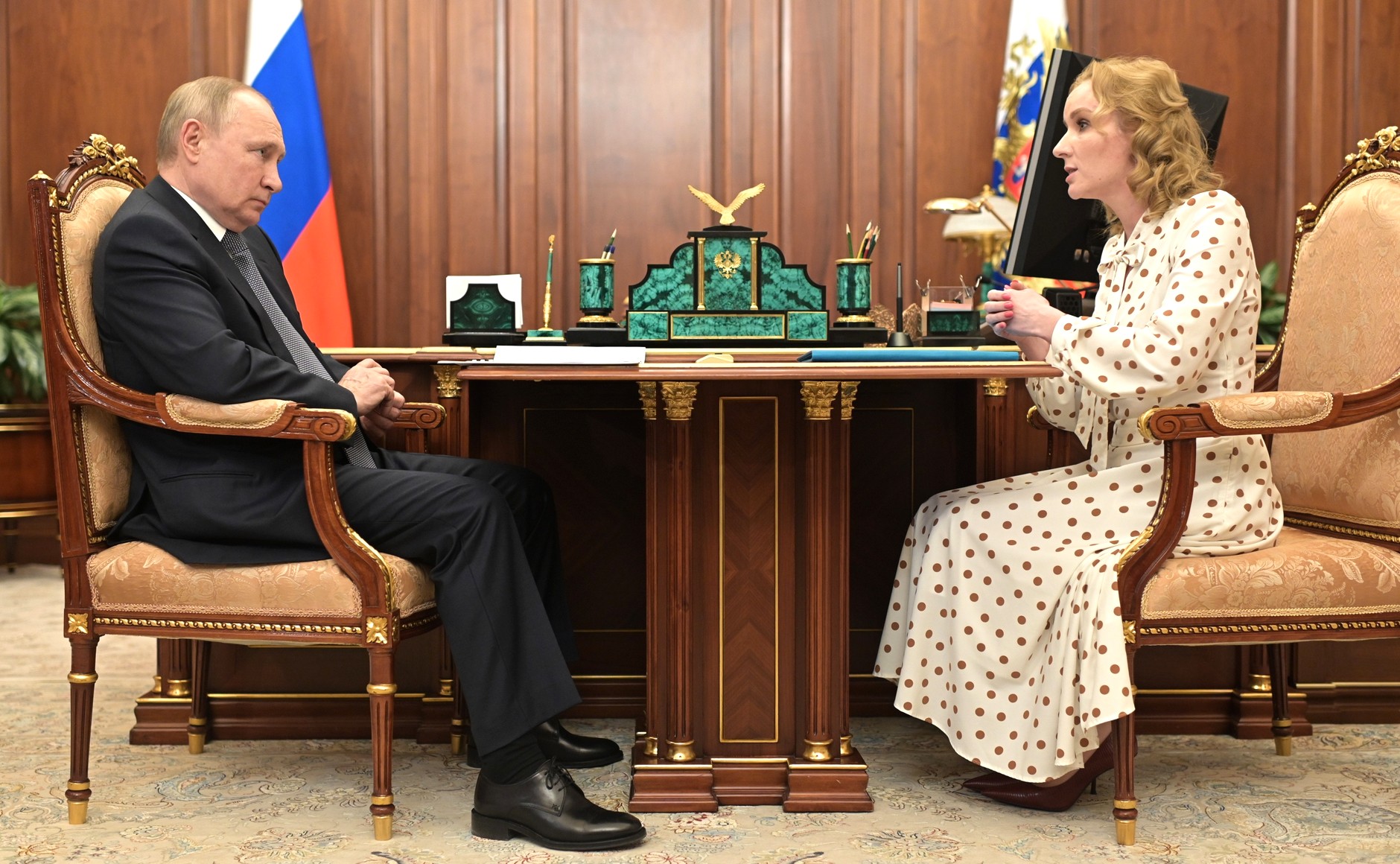
As a result of the conflict, the International Criminal Court (ICC) has issued warrants for the arrest of several Russian officials for the illegal deportation of children during the war.
The warrant includes President Vladimir Putin as well as Maria Lvova-Belova who is the Russian commissioner for children’s rights though Russia has said the warrants are “null and void.”
Direction of Attacks
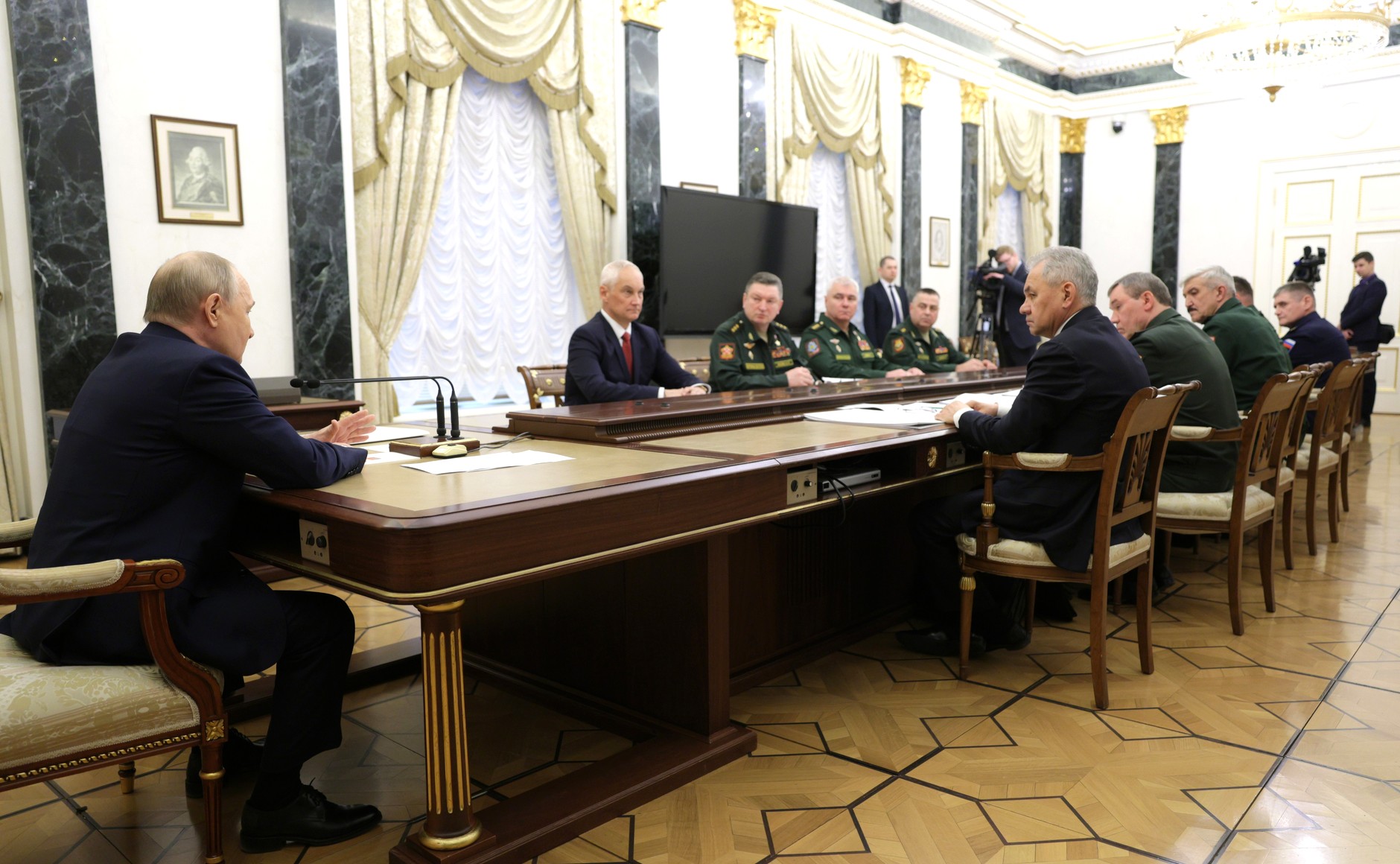
Further warrants were issued for Sergei Shoigu, head of Russia’s Security Council as well as Viktor Sokolov and Sergey Kobylash.
They are accused of aiming attacks at civilian sites by the ICC.
As tensions increase between Russia and The West, reports from Russia include talks of building replicas of monuments like the White House and Big Ben only to blow them up with missiles.
